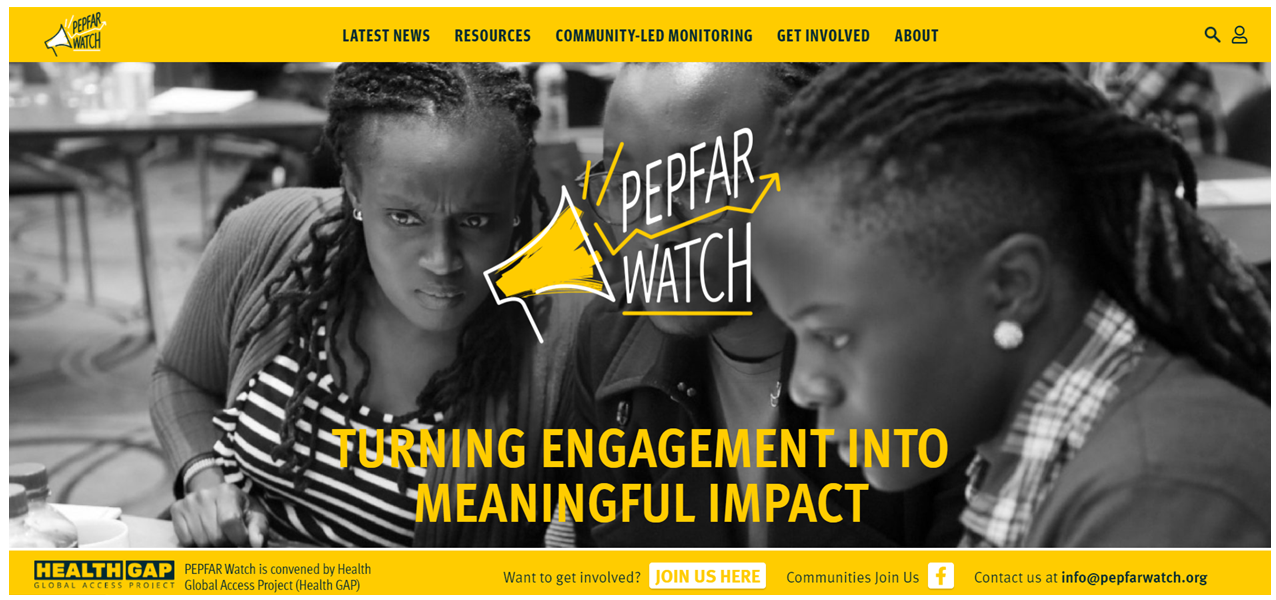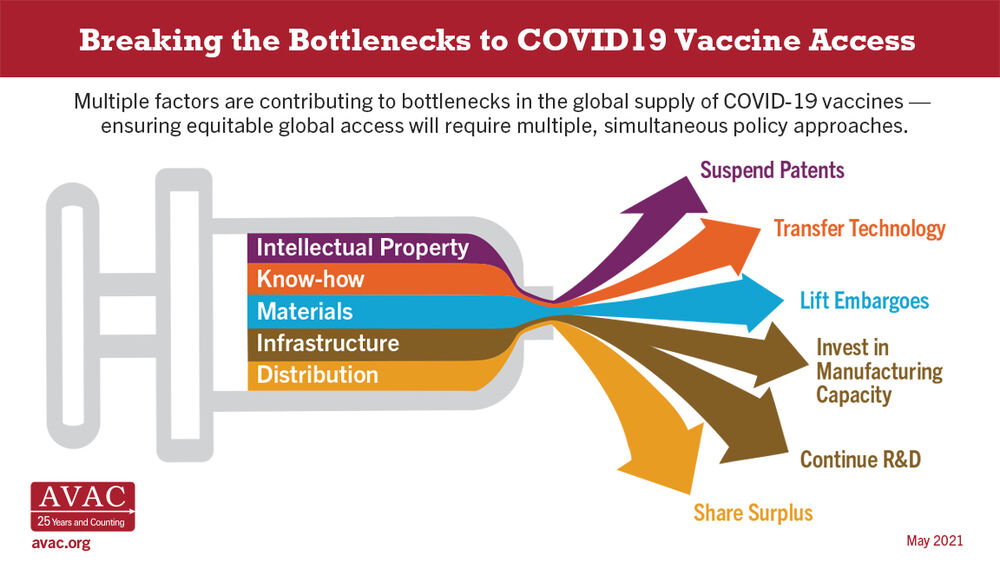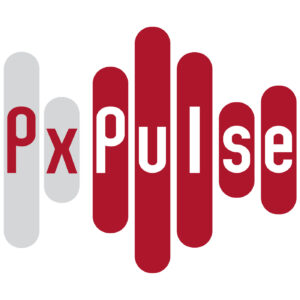HIV Research for Prevention Conference Presents Important Research Insights Across a Range of New Options
Contact
Kay Marshall, +1 (347) 249-6375, [email protected]
New York City, January 26, 2021 — Today at a press conference hosted by the HIV Research for Prevention (HIV R4P) conference, research teams presented a range of data from ongoing studies of antibody-mediated prevention, long-acting injectable PrEP, a monthly PrEP pill, and trends in daily oral PrEP use. Together, they point to a future of biomedical HIV prevention research and programs with a greater understanding of mechanisms of prevention, enhanced trial designs and a wider range of prevention options.
HIV R4P Virtual 2021 begins officially on January 27th. Today’s press conference offered top-line findings from the full scientific presentations that will be made later this week. These data have not yet been published in peer-reviewed journals but warrant close attention for their implications for the field.
At the press conference, researchers from the NIH-funded HIV Vaccine Trials Network (HVTN) and HIV Prevention Trials Network (HPTN) presented initial data from the Antibody-Mediated Prevention (AMP) trials of an HIV-specific broadly neutralizing antibody (bNAb) called VRC01, delivered intravenously once every eight weeks. The trials enrolled cisgender women in sub-Saharan Africa and gay men and transgender persons who have sex with men in Brazil, Peru, Switzerland and the United States. According to Larry Corey, AMP Studies protocol chair and principal investigator of the HVTN, VRC01 did not significantly reduce the overall risk of HIV acquisition in participants who received the antibody compared to those who received the placebo. However, VRC01 did safely and effectively reduce the risk of acquiring HIV strains classified as “highly-sensitive” to neutralization by VRC01.
“These were complex and well-designed trials of a novel HIV prevention concept, and the results move the field forward in important ways,” said Mitchell Warren, AVAC Executive Director. “The AMP trials show that a broadly neutralizing antibody can reduce the risk of acquiring viruses that are very sensitive to that antibody. This is welcome news; it is the first evidence in humans that intravenous infusions of a broadly neutralizing HIV antibody can reduce a person’s risk of acquiring HIV via sex.”
The AMP results also demonstrate the extent of the challenge that lies ahead for antibody-mediated prevention. There are multiple strains of HIV circulating through communities. The trial team used lab tests to predict how many HIV strains in trial communities would be sensitive to, and blocked by, VRC01. The trial data didn’t match these predictions. Fewer viruses were highly-sensitive to VRC01 than the AMP team had hoped. The trials showed that a bNAb like VRC01 does not offer sufficient protection on its own and that a combination of bNAbs is likely needed if broad protection is to be achieved.
“AVAC is grateful to the research teams, trial participants, clinic staff and community advocates who made these trials possible. The next step for the prevention field is to determine how these results can be used to guide the selection of combination bNAb products to advance to efficacy trials. Advocates should monitor — and be engaged in — these deliberations,” said Stacey Hannah, AVAC’s Director of Research Engagement.
“With new prevention options like the Dapivirine Vaginal Ring and injectable cabotegravir for PrEP advancing towards licensure, people at risk of HIV will have more choices. This is a great thing. As choice expands, efficacy trials of future products will need to be designed in new ways, and advocates’ support for investigation of bNAbs as part of this prevention pipeline is crucial,” said Hannah, who also led the development of AVAC’s Advocates’ Trial Design Academy that is engaging with developers and trial designers in considering the future.
Participants in the AMP trials received one of two different doses of VRC01 or a placebo administered every eight weeks via intravenous infusion. Some participants — in both the placebo and VRC01 arms — acquired HIV in spite of counseling, condom provision and PrEP referrals and counseling at all study sites. Viruses from these participants were isolated from their blood samples, sequenced and analyzed in the laboratory to determine the concentration of VRC01 that blocked viral activity. Viruses neutralized with a <1 microgram/mL, a measure of the virus’s susceptibility to neutralization by VRC01, were classified as highly-sensitive. Participants who received VRC01 were significantly less likely to acquire a virus highly-sensitive to VRC01 compared to those who received the placebo. For viruses with a sensitivity greater than 1, no statistically significant protection was observed.
Importantly, the study’s findings have shown that a specific test, or assay, used in the study may predict whether future antibodies are likely to provide protection against a broader range of HIV sensitivities when used alone or in combination. The identification of such an assay that can be used to evaluate whether the future bNABs, alone or in combination, are likely to protect is an important step forward for the field and may help predict the combination and amount of antibodies needed for protection.
In the press conference update, AMP investigators reported that no difference in trial findings across gender and in the context of regions where clade B and clade C predominate (HVTN 704 and 703 trials, respectively.) This is the first time that a trial in humans has shown that an intravenously-administered bNAb reaches the mucosal surfaces where sexual exposure occurs, and that it can protect at these surfaces.
The AMP results were presented alongside other important HIV prevention advances, including interim results of the HPTN 084 efficacy study showing safety and efficacy of injectable cabotegravir amongst cisgender women presented by Sinead Delany-Moretlwe, protocol chair, director of research at Wits Reproductive Health and HIV Institute. The data also provided more information on how injectable CAB-LA compared to daily oral PrEP in terms of reducing risk of HIV. The investigators reported that, while rates of HIV in cisgender women were low in both trial groups, CAB-LA was more effective than daily oral PrEP. The efficacy a product shows in a clinical trial is just one factor affecting its effectiveness. As the contraceptive field has long known, the most effective product is the one that fits into a person’s life and is used. HPTN 084 provides more information to help cisgender women make informed choices.
At the press conference, Sharon Hillier of the Magee-Women’s Research Institute at the University of Pittsburgh reported on an interim analysis of the Phase 2a trial of the once-monthly pill form of the antiretroviral Islatravir, which found it to be safe and well-tolerated, with presence in the blood over time that researchers believe will correlate with protection. Islatravir is moving into efficacy trials in 2021.
An analysis of oral PrEP uptake data from AVAC’s Global PrEP Tracker, showed increased initiation of daily oral PrEP, even in the midst of the COVID-19 pandemic, but also noted that the rate of increase is slowing down — a sign that work must be done to ensure expanded uptake of existing options even as new ones become available Kate Segal, Program Manager for Product Introduction and Access at AVAC said, “Many of the countries with the highest PrEP initiations exhibit shared traits that have contributed to their success with scaling up PrEP: early adoption of PrEP, national commitment to scale-up, and programs tailored to populations at high risk offering community-led, accessible, non-discriminatory services and linkages to social support.”
“Taken together, this suite of studies being presented at HIV R4P offer a set of clear imperatives for HIV prevention: national governments, funders and advocates must work to continue to increase access to daily oral PrEP; and work to ensure that today’s PrEP programs provide a platform for tomorrow’s products, including injectable cabotegravir and the Dapivirine Vaginal Ring. At the same time, research must continue, including efficacy trials of Islatravir and other next-generation PrEP options and research that builds on the AMP results to inform both antibody and vaccine development,” Hannah said.
AVAC looks forward to working with researchers, funders, policy makers, advocates and activists to ensure that the results of these trials are translated into impact.
###
About AVAC: Founded in 1995, AVAC is a non-profit organization that uses education, policy analysis, advocacy and a network of global collaborations to accelerate the ethical development and global delivery of HIV prevention options as part of a comprehensive response to the pandemic. Follow AVAC on Twitter @HIVpxresearch.


